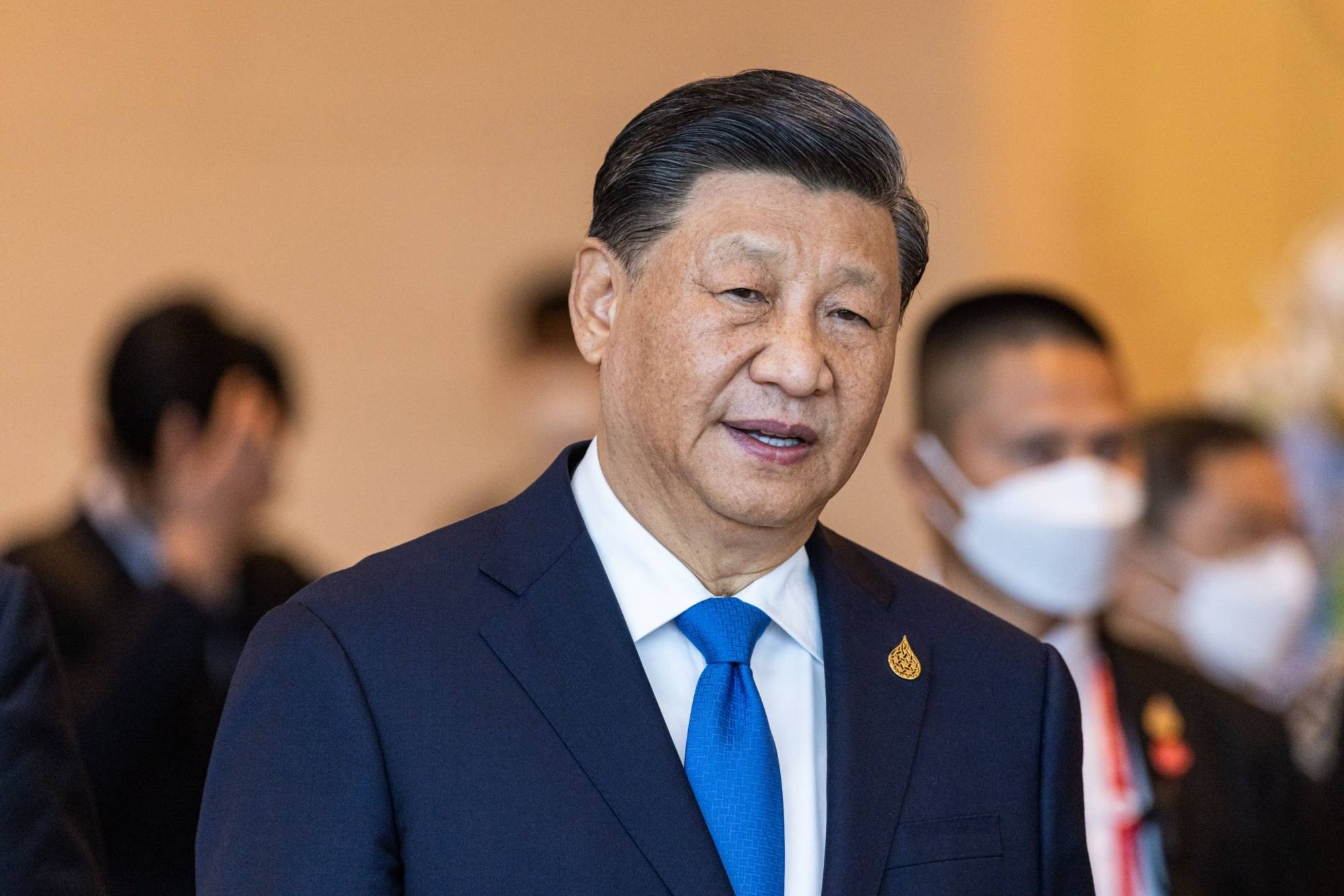China’s economy was once the envy of the world, but now it looks to have stalled. What does that mean for the rest of the world?
The China Securities Regulatory Commission, the primary securities regulator in the country, has unveiled these initiatives with the goal of simplifying and stimulating trading activity.
These measures encompass a reduction in handling fees levied by brokers, thus lowering the cost of trading. Additionally, the regulator is considering relaxing regulations pertaining to share buybacks, making it more convenient for companies to repurchase their own shares.
Trading hours extension
Discussions are underway regarding the extension of trading hours for both stock and bond markets, along with a possible reduction in stamp duty for share transactions.
The impetus behind these measures is the significant downturn experienced by Chinese stock and bond markets over the past month, which has severely eroded investor confidence.
During the last two weeks, the CSI 300 index, comprising large-cap stocks, witnessed a nearly 6% drop, currently displaying a loss for the year 2023. Meanwhile, the Hang Seng index in Hong Kong, heavily populated with Chinese stocks, recently recorded its largest weekly decline in two months and is now officially in bear market territory, having fallen by more than a fifth from its most recent peak.
Loss of confidence
The loss of confidence can be attributed to several factors, most of which are interwoven with China’s increasingly bleak economic outlook. It was revealed last week that the world’s second-largest economy has entered a state of deflation, characterized by consistent price declines, which has led to reduced spending by both households and businesses.
Economic growth is stagnating, with lackluster activity witnessed in both the service and manufacturing sectors, while China’s significant exporters are grappling with weakened demand from Western countries.
This economic shift partly results from consumers allocating more resources to experiences such as travel and dining out, rather than manufactured goods, following the reopening of economies post-pandemic.
Consumer confidence
However, consumer confidence within China remains fragile, partly due to deflation, and concerns have been raised regarding rising youth unemployment rates in the country.
While the overall unemployment rate in China for June stood at 5.3%, the rate for individuals aged 16 to 24 currently stands at 21.3%, marking an increase over the past six months. The government has chosen to discontinue publishing separate statistics for youth unemployment, but this rise raises concerns about potential social unrest in major Chinese cities.
These challenges are, in part, driven by elevated expectations among China’s younger population, many of whom have graduated from college or university this year. These graduates are increasingly hesitant to engage in physically demanding work of the sort their parents did. Instead, they prefer better-paying roles. Still, due to sluggish overall economic growth, a scarcity of such positions is being created.
Unemployment rate
Many young graduates are opting to either remain unemployed or take on a series of temporary roles, resulting in a fluctuating presence in the labor market.
The People’s Bank of China recently responded to some of these issues by lowering several key interest rates.
Nevertheless, the latest market downturn this week is primarily attributed to fresh apprehensions regarding China’s property market, which was once a primary driver of economic growth but has now become a drag on it. Multiple prominent property developers have recently defaulted on their debt obligations, and last week, China’s largest private housebuilder, Country Garden, reported a staggering 60% year-on-year decline in July sales. Additionally, the company disclosed missing over $13 million in interest payments on its bonds, which it is currently attempting to secure.
The developments at Country Garden have startled observers as the company was considered more conservatively managed than its counterpart Evergrande, which has teetered on the brink of collapse for the past two years. Unlike Evergrande, Country Garden carried lower debt levels. However, the company, specializing in affordable housing, is grappling with its elevated exposure in smaller and less developed Chinese cities, where housing prices have plummeted at a faster rate than in major urban centers.
Evergrande worry
Evergrande, which is now seeking bankruptcy protection in the U.S. courts to restructure its substantial debt, compounds worries about contagion affecting China’s broader economy and, notably, its financial sector.
Concerns have arisen about a possible dampening of sentiment towards the housing market, which has experienced stifled activity in recent months, despite attempts by authorities to stimulate it in late 2022.



 News3 days ago
News3 days ago


 Leaders3 days ago
Leaders3 days ago


 Shows3 days ago
Shows3 days ago


 News3 days ago
News3 days ago


 Docos5 days ago
Docos5 days ago


 Leaders4 days ago
Leaders4 days ago


 Leaders4 days ago
Leaders4 days ago


 News2 days ago
News2 days ago





